2023 - 2024 Research Education and Mentorship Cycle (REM Cycle)

REM
The REM Cycle is a space where trainees at all levels meet weekly to discuss principles of clinical research, and to discover new collaborations. This program encourages undergraduate, graduate, medical student, fellow, and faculty participation. Below are a few of our activities, contributions to active research, and a list of our current projects.
Activities
1/2024

Dr Ramon Diaz-Arrastia (UPENN), MPI for BOOST3, speaking at the International Initiative for Traumatic Brain Injury Research (NIH) with summary of 2024 recommendations to improve the standard classifications of TBI.
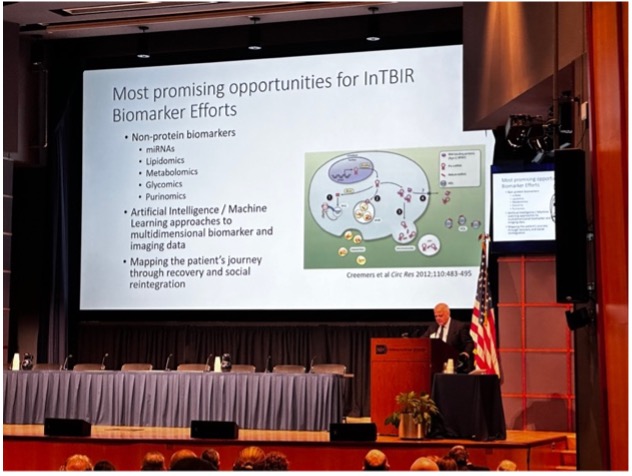
#EMresearch
Keywords: TBI, biomarkers, neuroimaging, goal directed therapy, patient centered care
“All models are wrong, some are useful.” George Box, British Statistician, 1976.
Dr Lisa Merck on lessons learned from the NIH ACTIV platform clinical trials in COVID pandemic response. Stand by for special edition summarizing: 11 platform clinical trials; 620 sites globally; > 26,000 patients enrolled.
#EMresearch
Keywords: COVID, pandemic, platform clinical trials, community engagement, PPE
EM Grand Rounds with Dr Nate Kuppermann, insights on evidence-based practice guidelines for pediatric imaging after TBI.
So fortunate to have Nate Kuppermann at VCU to discuss the evolution of PECARN, and offer his advice on how to navigate a career in academic EM.
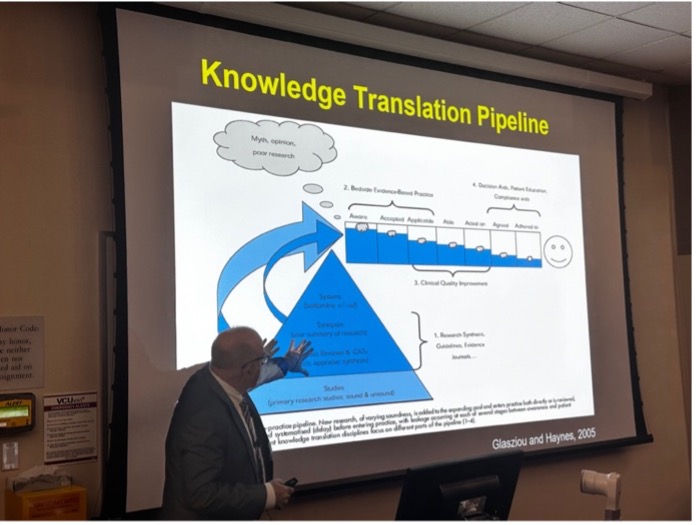
12/2023
REM Cycle Holiday Party and White Elephant Extravaganza
After the last final exam was done, students of all ages gathered one last time before disembarking for winter break. It all came down to student Naomi Carter’s decision, who shall keep the calendar… look at that intense focus ~

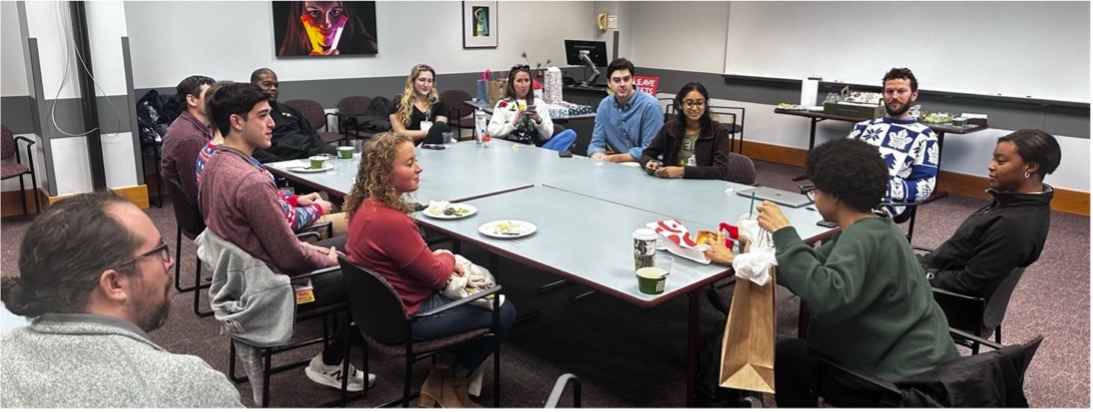

1/2023
EM Grand Rounds. Dr. Lori Shutter (UPMC) presents the optimization of goal directed therapy in severe traumatic brain injury. Dr. Shutter is a neurocritical care jedi.
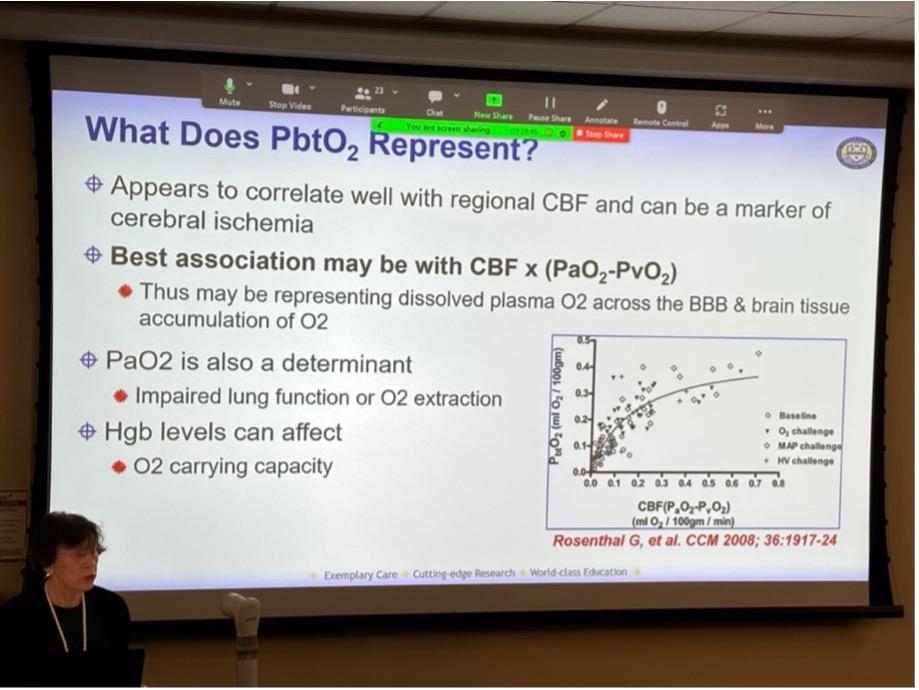
12/2022
CFR50.24 Exception from Informed Consent, Community Consultation for BOOST3
Braving the cold, the BOOST3 team sponsored a booth at the winter “tacky fun run” to provide the local community with information about emergency research. Drs DeMasi, Hillebrand, and MD PhD student Radina Lilova were there until the last runner crossed the finish line.
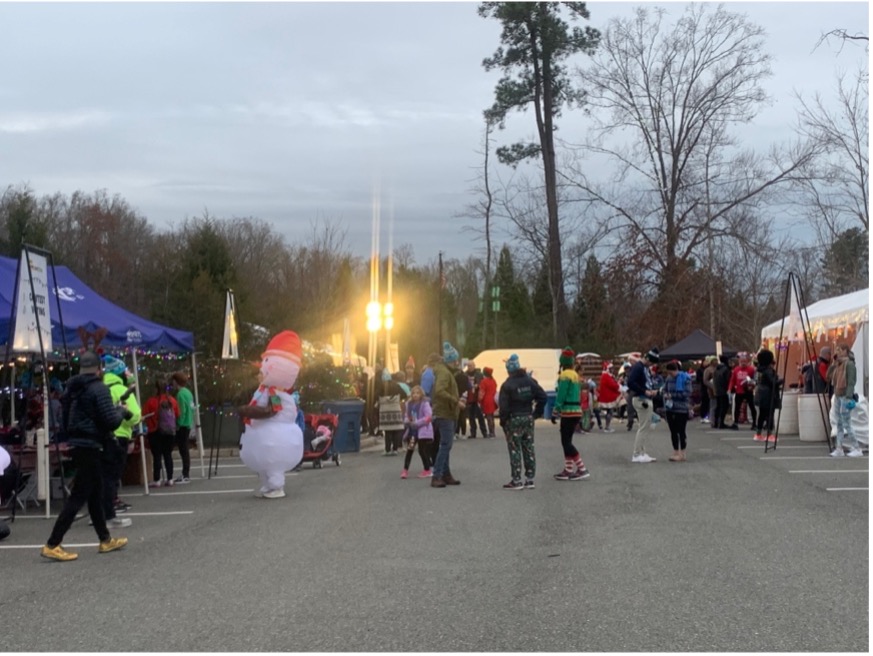
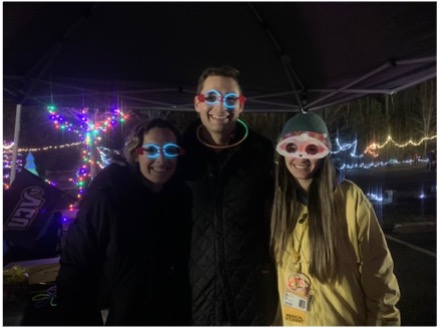
6/2022
MD PhD student Owen Leary (Brown), presents work with Dr David Wright (Emory) and Dr. Lisa Merck (VCU) at the National Neurotrauma Society Meeting. It all started out with an undergraduate practicum. The mentor of your mentor, is your mentor.
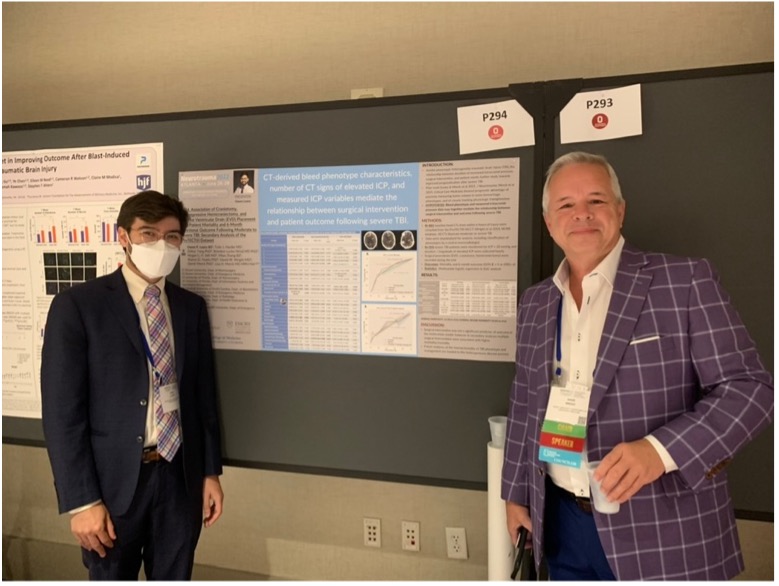

Drs Kevin Wang, and Lisa Merck
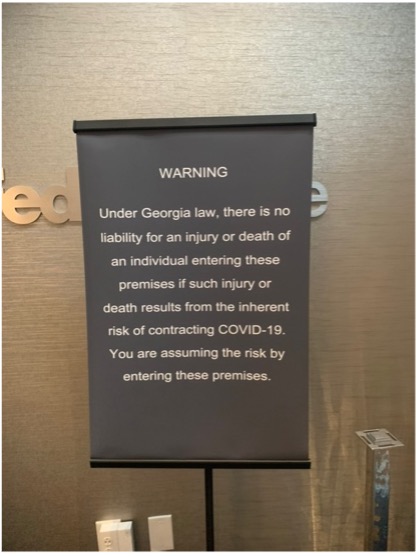
#sign of the times, national neurotrauma society meeting
The REM Cycle, current students, faculty learners, and various MVPs / mascots (This is a fluid list of participants and is subject to change.)
Lisa H. Merck (Emergency Medicine)
Megan Donohue (Emergency Medicine/Internal Medicine)
Michael Joyce (Emergency Medicine)
Gretchen Brophy (Pharmacy, Neurosurgery, Neurocritical Care)
Rebecca Goodwin (Emergency Medicine/Internal Medicine)
Taruna Aurora (Emergency Medicine/Internal Medicine)
John Greer (Neurosurgery)
Shraddha Mainali (Neurocritical Care)
Joseph Ornato (Emergency Medicine, Cardiology)
Nate Lewis (Emergency Medicine)
Danielle Gong (Emergency Medicine, Medical Informatics)
Michael Jones (Emergency Medicine)
Jessica Gertz (Emergency Medicine)
Alan Dow (Internal Medicine)
Stephen Miller (Emergency Medicine)
Stephanie Louka (Emergency Medicine)
Joel Moll (Emergency Medicine)
Noah Hillerbrand (EM – BOOST3, ICECAP, US)
Craig Sweeney (EM - BOOST3, ICECAP)
Laura Barrera (EM, pending project)
Rand Michael (EM – BOOST3)
Nora Poulos (NSU – BOOST3)
Naomi Carter (MD PhD)
Radina Lilova (MD PhD)
Sreedhatri Kandlakunta (VCU post-bacc)
Caite Eisele (Univ Denver, undergraduate)
Rachel Mueller (Virginia Tech, post bacc, CRA)
Dmytro Nerobeiev (MD, CRA II)
Brittany Weiss (VCU MSI)
McKenzie Nash (VCU MSI)
Van Chung (VCU MSI)
Timothy Tymowski (VCU undergrad, Clinical Research Intern)
Joanna Le Gallouder (VCU MS1)
Nancy Beinlich (VCU MS1)
Sebastian Gutierrez (VCU MS1)
Dylan Kelley (VCU MSI)
Brooke Ford (VCU MSI)
Michael Keller (VCU MSI)
Jayla Johnson (VCU undergrad)
Brittany Weiss (VCU MSI)
Shivani Mullapudi (VCU MS1)
Active REM Cycle Projects
Demographics and Diagnoses of Observation Medicine
Contributors: Megan Donohue, Radina Lilova, Michael Keller, Joanna Le Gallouder, Nancy Beinlich, Sebastian Gutierrez, Dylan Kelley
Goals: Characterize the landscape of observation medicine as it pertains to patient demographics, common diagnoses and need for admission
Summary: Limited data exists to allow for multi-institutional descriptive analysis of observation medicine patients and their clinical conditions. TriNetX (TriNetX, LLC (c) 2023) is a global health network of federated, de-identified clinical data from 120 healthcare organizations that offers an opportunity to review this patient cohort. Using a combination of CPT and SNOMED codes, our group is working to identify the most common diagnoses used in adult observation medicine. Furthermore, we plan to examine individual diagnoses and compare patient demographics and clinical data (labs, imaging) between patients that are discharged from observation status and those that ultimately require admission. Individual diagnoses of consideration include but are not limited to chest pain, syncope, hyperglycemia, asthma exacerbation, TIA, UTI/pyelonephritis and cellulitis.
Observation Medicine: A Scoping Review
Contributors: Rebecca Goodwin, Taruna Aurora, Radina Lilova, Shreedhatri Kandlakunta
Goals: Map the current research in the field of observation medicine in regards to clinical outcomes of observed patients as well as the observation unit structure and function within the context of the health system.
Summary: Through a methodically appropriate scoping review process, we aim to evaluate all patients admitted under an observation status within the context of the hospital system with a concept focus of observation medicine. There are three sub-questions to this review. The first asks what clinical outcomes and quality metrics are reported for observation patients. This includes information such as chief complaints commonly treated in OUs and their outcomes as well as quality data that exists in the field of observation medicine. The second sub-question is what existing structures and functions of OUs are reported. This aims to summarize reports that look at issues such as staffing, location, and speciality-based units. The function aspect of this question will look for articles on items such as reimbursement, cost, financial utility, clinical utility, and education. The third sub-question asks what if any comparative data exists between types of observation units.
Other Resources
Additional faculty mentors can be found here: https://medschool.vcu.edu/research/medical-students/mentors-list/
Link to statistical resources: VCU Biostatistical Consulting Laboratory (BCL) https://biostatistics.vcu.edu/research/bcl/